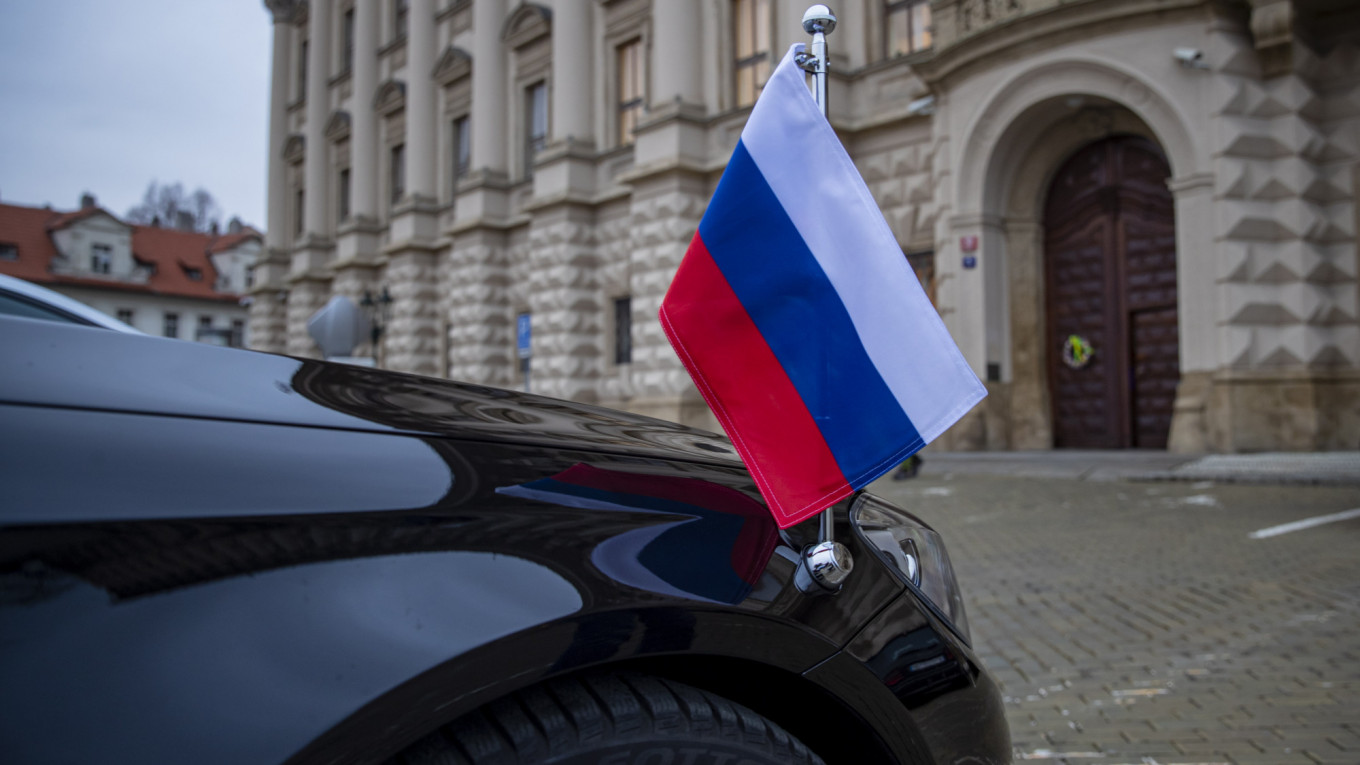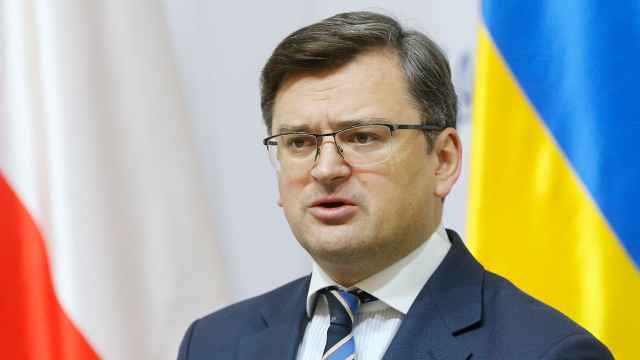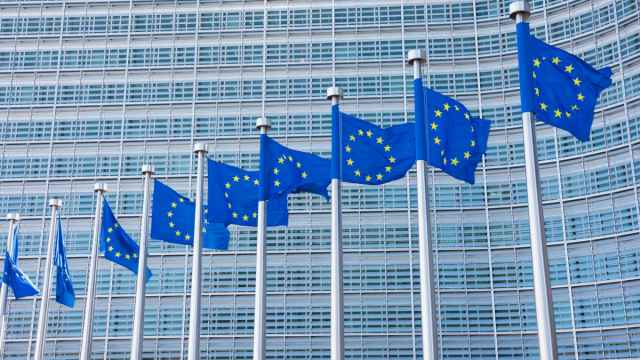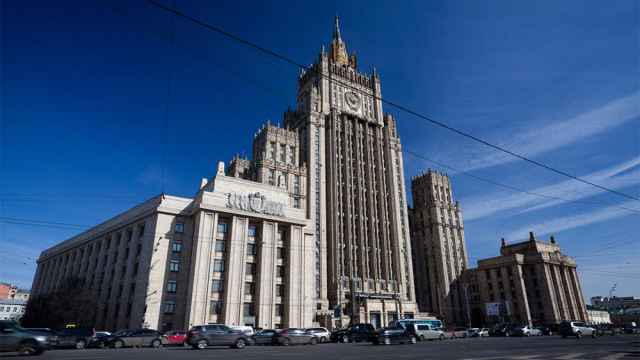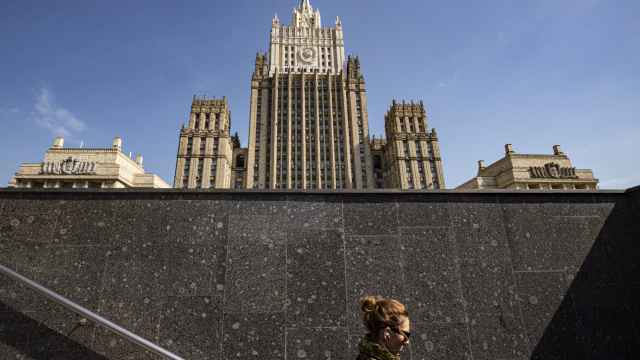The Czech government said Saturday it will expel 18 Russian diplomats identified by local intelligence as secret agents of the Russian SVR and GRU services that are suspected of involvement in a 2014 explosion.
"Eighteen employees of the Russian embassy must leave our republic within 48 hours," Foreign Minister Jan Hamacek told reporters.
Prime Minister Andrej Babis said Czech authorities had "clear evidence" linking GRU officers to an explosion in an ammunition warehouse in 2014 which left two people dead.
"We have good reason to suspect the involvement of GRU officers from unit 29155 in the explosion at the ammunition warehouse in Vrbetice" in the east of the country, Babis said.
He added he had received the information on Friday, without explaining why it had taken so long.
"The explosion led to huge material damage and posed a serious threat to the lives of many local people, but above all it killed two of our fellow citizens, fathers of families," Babis said.
Hamacek, who is the interior minister and also an interim foreign minister after his predecessor was sacked earlier this week, said he was sorry the incident would "fundamentally damage Czech-Russian relations."
"We are in a situation similar to that in Britain following the attempted poisoning in Salisbury in 2018," he said, referring to the case of former Russian double agent Sergei Skripal who survived a nerve agent poisoning in Britain.
Russia denied involvement but some 300 diplomats were sent home in subsequent tit-for-tat expulsions.
Hamacek said he had summoned Russian ambassador Alexander Zmeyevsky on Saturday evening to tell him about the decision.
On Thursday, the Czech Republic's neighbor Poland said it had expelled three Russian diplomats for "carrying out activities to the detriment" of Poland.
Warsaw also expressed solidarity with the U.S., which earlier that day had announced sanctions and the expulsion of 10 Russian diplomats in retaliation for what Washington said was the Kremlin's U.S. election interference, a massive cyber attack and other hostile activity.
A Message from The Moscow Times:
Dear readers,
We are facing unprecedented challenges. Russia's Prosecutor General's Office has designated The Moscow Times as an "undesirable" organization, criminalizing our work and putting our staff at risk of prosecution. This follows our earlier unjust labeling as a "foreign agent."
These actions are direct attempts to silence independent journalism in Russia. The authorities claim our work "discredits the decisions of the Russian leadership." We see things differently: we strive to provide accurate, unbiased reporting on Russia.
We, the journalists of The Moscow Times, refuse to be silenced. But to continue our work, we need your help.
Your support, no matter how small, makes a world of difference. If you can, please support us monthly starting from just $2. It's quick to set up, and every contribution makes a significant impact.
By supporting The Moscow Times, you're defending open, independent journalism in the face of repression. Thank you for standing with us.
Remind me later.


